On Tuesday, Zoo Miami made history by celebrating two major milestones.
Not only did the Florida facility welcome the birth of a greater one-horned Indian rhinoceros at 12:30 a.m., it was the first birth in recorded history done through induced ovulation and artificial insemination.
They said it was also only the second successful birth of this rare species, and this newborn is quite the looker.
Ron Magil, the zoo spokesman told the Miami Herald that the gender has not yet been determined.
The zoo enlisted a special team of animal reproductive specialists from the South East Zoo Alliance for Reproduction and Conservation (SEZARC) since natural breeding wasn't working.
The team collected semen from father, Suru, on on Jan. 8, 2018, and artificially inseminated the mother, Akuti, the next day.
Magil detailed the complex process that entailed safety precautions to protect the veterinarians carrying out the task.
"With the artificial insemination, we had to first collect the semen from the male. Once that was done, we had to immobilize the female so that there would be no danger to the veterinarians who then carefully used an instrument that is inserted vaginally and placed up against the cervix where the semen is then deposited."
The right timing was essential.
"The challenge is that it has to be timed precisely to her ovulation which was also induced. As it turned out, our timing was perfect."
After confirmation that Akuti conceived, she was trained to have regular ultrasound examinations to enable officials to keep track of the developing fetus.
Akuti is under 24-hour observation and the newborn is healthy and doing well, surprising zookeepers already with its ability to stand on its own within a few hours after birth.
Meanwhile, Twitter is fawning over the little one.
More tests will be conducted once the baby is separated from "its very protective mother," according to zoo officials.
"It is critical that the mother and newborn are able to establish a bond which can sometimes be a challenge for first-time mothers."
"This very rare birth is not only significant for Zoo Miami, it is incredibly important to the international efforts to maintain a healthy population under human care of this highly vulnerable species throughout the world."
Zoo officials said there are less than 3,000 Indian rhinos left in the wild, and their numbers are decreasing as a result of poaching – their horns are used for medicine and as dagger handles.
When grown to its adult size, the second biggest of the rhino species can weigh between 4,000 to 6,000 pounds.
The name of the infant will be determined as part of a fundraising effort for the zoo.
Welcome to our world, little one.

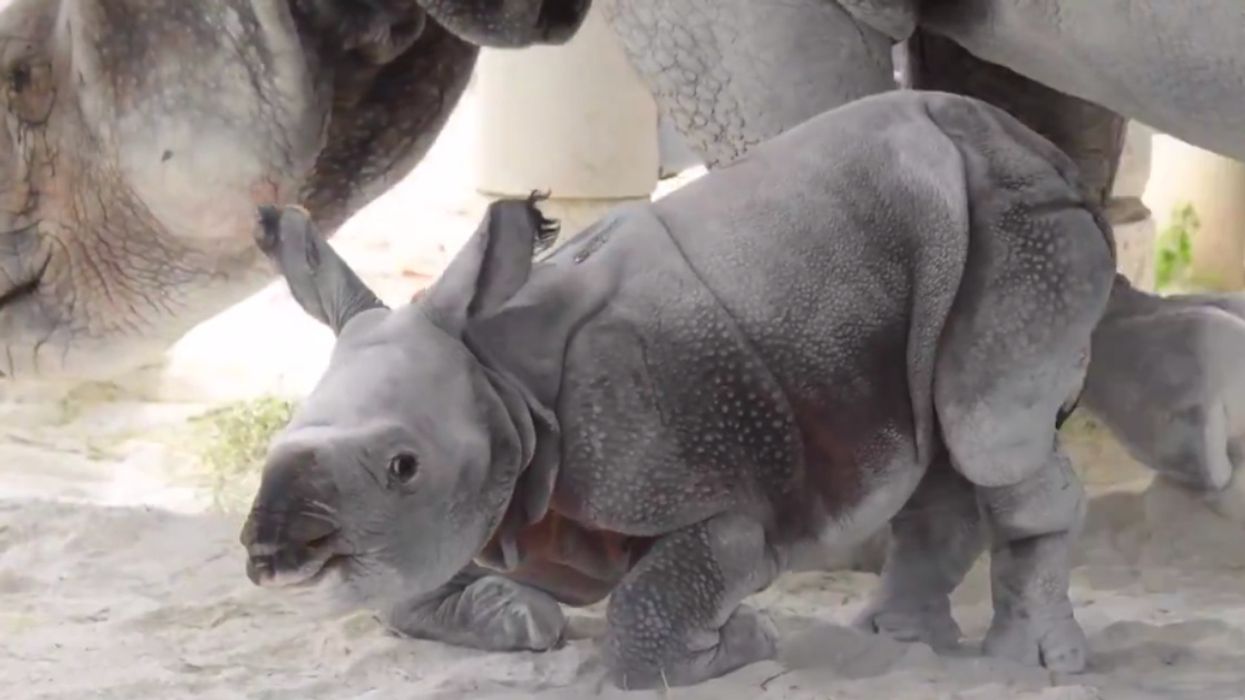






 @realDonaldTrump/Truth Social
@realDonaldTrump/Truth Social @realDonaldTrump/Truth Social
@realDonaldTrump/Truth Social @P78/Truth Social
@P78/Truth Social

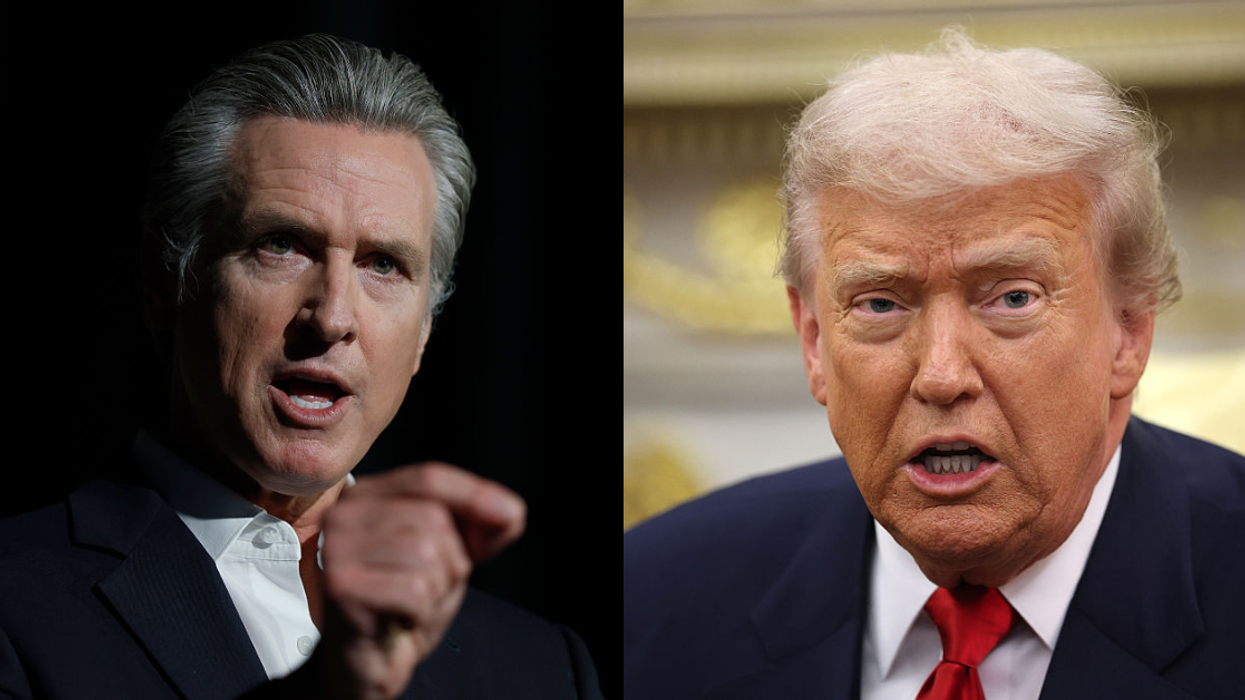




 big brother pop GIF by Big Brother After Dark
big brother pop GIF by Big Brother After Dark 
 Unimpressed Get It Together GIF
Unimpressed Get It Together GIF  The Bachelor Shut Up GIF by BuzzFeed
The Bachelor Shut Up GIF by BuzzFeed  customer service waiter GIF
customer service waiter GIF 
 @prissyxoxo25/Threads
@prissyxoxo25/Threads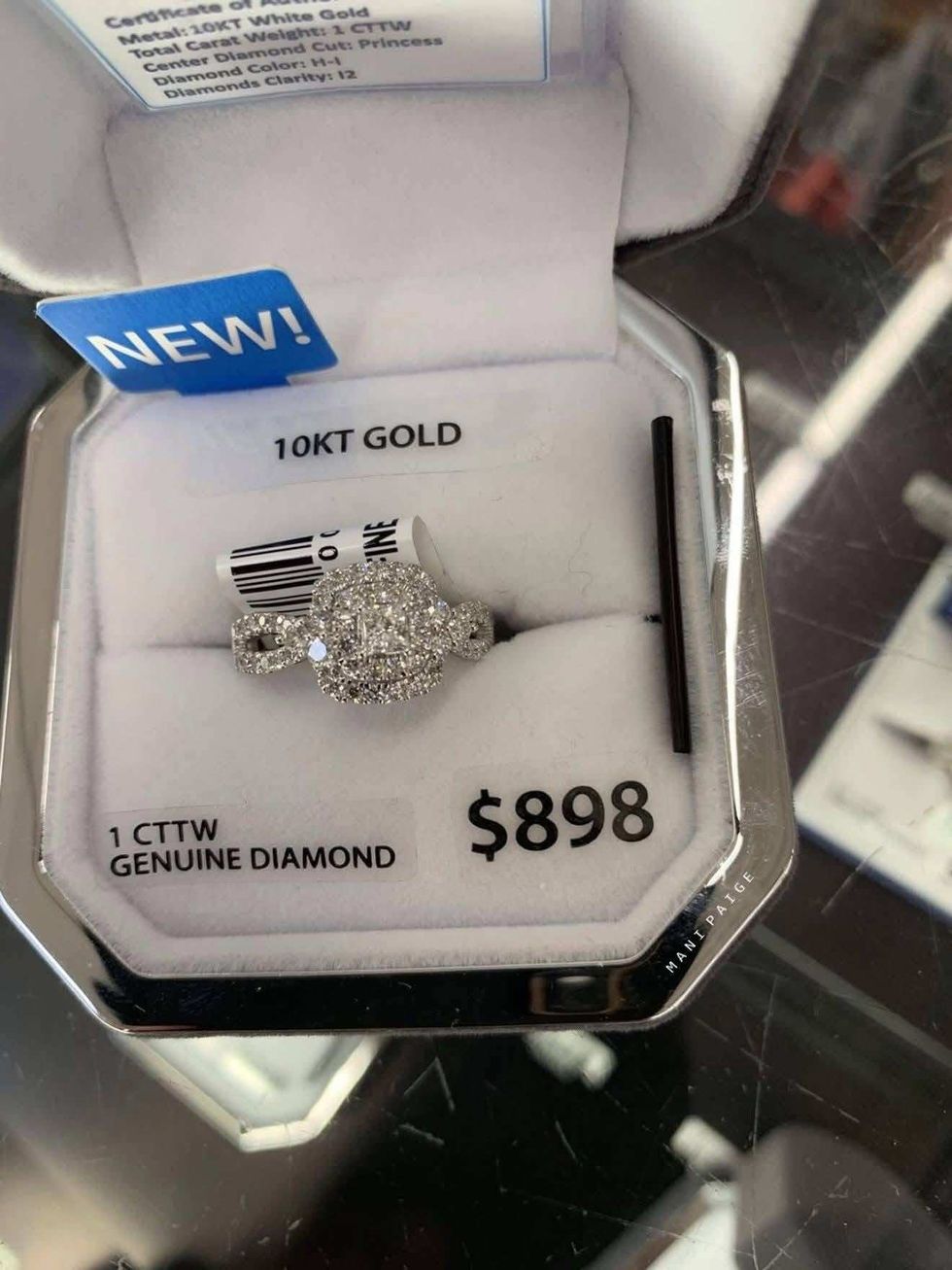 @prissyxoxo25/Threads
@prissyxoxo25/Threads @prissyxoxo25/Threads
@prissyxoxo25/Threads @prissyxoxo25/Threads
@prissyxoxo25/Threads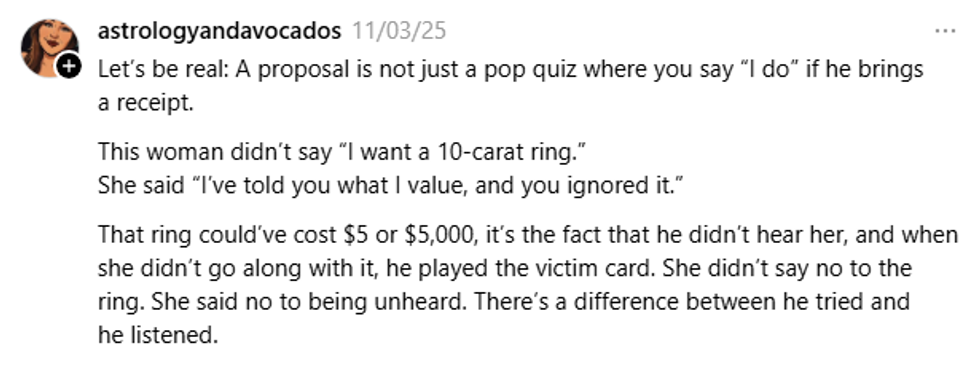 @prissyxoxo25/Threads
@prissyxoxo25/Threads @prissyxoxo25/Threads
@prissyxoxo25/Threads @prissyxoxo25/Threads
@prissyxoxo25/Threads @prissyxoxo25/Threads
@prissyxoxo25/Threads @prissyxoxo25/Threads
@prissyxoxo25/Threads @prissyxoxo25/Threads
@prissyxoxo25/Threads @prissyxoxo25/Threads
@prissyxoxo25/Threads @prissyxoxo25/Threads
@prissyxoxo25/Threads @prissyxoxo25/Threads
@prissyxoxo25/Threads
 @randomthoughts2226/TikTok
@randomthoughts2226/TikTok @randomthoughts2226/TikTok
@randomthoughts2226/TikTok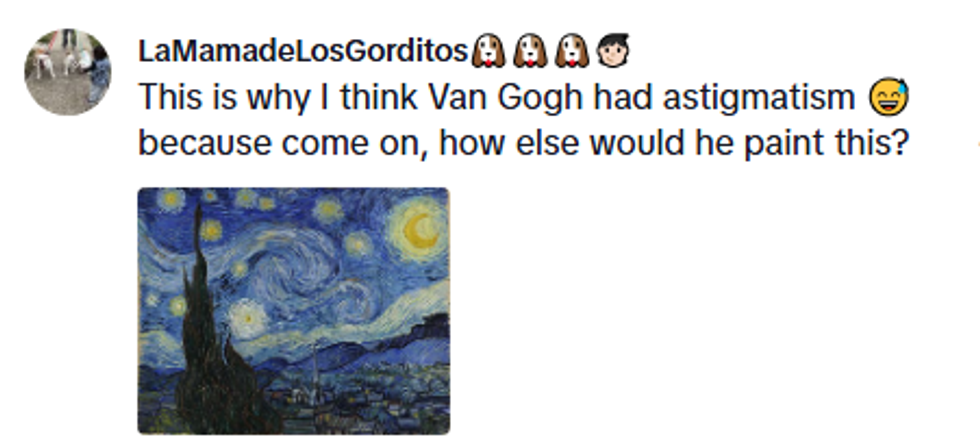 @randomthoughts2226/TikTok
@randomthoughts2226/TikTok @randomthoughts2226/TikTok
@randomthoughts2226/TikTok @randomthoughts2226/TikTok
@randomthoughts2226/TikTok @randomthoughts2226/TikTok
@randomthoughts2226/TikTok @randomthoughts2226/TikTok
@randomthoughts2226/TikTok @randomthoughts2226/TikTok
@randomthoughts2226/TikTok @randomthoughts2226/TikTok
@randomthoughts2226/TikTok @randomthoughts2226/TikTok
@randomthoughts2226/TikTok
 @lookitskateeee/TikTok
@lookitskateeee/TikTok @lookitskateeee/TikTok
@lookitskateeee/TikTok @lookitskateeee/TikTok
@lookitskateeee/TikTok @lookitskateeee/TikTok
@lookitskateeee/TikTok @lookitskateeee/TikTok
@lookitskateeee/TikTok @lookitskateeee/TikTok
@lookitskateeee/TikTok @lookitskateeee/TikTok
@lookitskateeee/TikTok @lookitskateeee/TikTok
@lookitskateeee/TikTok @lookitskateeee/TikTok
@lookitskateeee/TikTok @lookitskateeee/TikTok
@lookitskateeee/TikTok